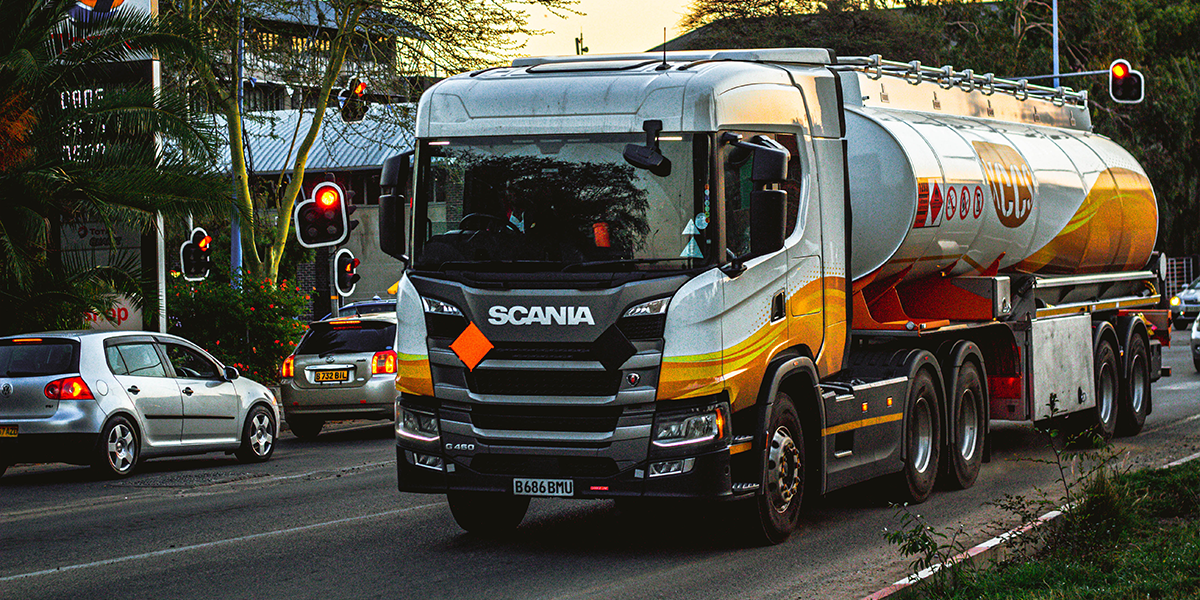The taxation of fuel depends on a number of factors, including VAT and fuel duty, as well as the price of fuel itself.
How does fuel duty impact total fuel taxation?
Fuel duty refers to the tax that’s included in the price paid for either petrol or diesel fuel. Standard 20% VAT is then added on top – and is charged on both the product (fuel) price and the fuel duty.
In the March 2023 Spring Budget, Chancellor Jeremy Hunt confirmed a twelve-month extension to the current fuel duty cut of 5pence per litre. This was extended in order to ease the rising cost of fuel on British drivers, who can take to British roads knowing that fuel duty won’t rise until April 2024.
Hunt also extended the fuel duty freeze for a thirteenth consecutive year. In practice, this means drivers of both petrol and diesel vehicles currently pay a flat duty tax of 52.95pence per litre for the next year, down from what could have been 57.95pence per litre.
How much is fuel taxed?
The exact figure on fuel taxation is variable, contingent on both the fuel price and fuel duty tax, with VAT on top.
Since June 2023, the total taxation amount of fuel has been rising, reaching 53.61% for petrol and 53.32% for diesel for the penultimate week of July 2023.
As an average, total taxation on fuel comes to an average of around 49% of the final pump price for petrol, and 46% for diesel.
Ease the cost of driving with car finance
If you’re looking to upgrade your car to a more economical model to help with driving costs, My Car Credit can help. Get a car loan quote online or email our team today on enquiries@mycarcredit.co.uk.
Rates from 9.9% APR. Representative APR 10.9%
Evolution Funding Ltd T/A My Car Credit
Require more help?
Got a question you can’t find the answer to, or need some advice and guidance around taking out car finance? Our Car Credit Specialists are friendly, experienced, and here to help so get in touch today!



